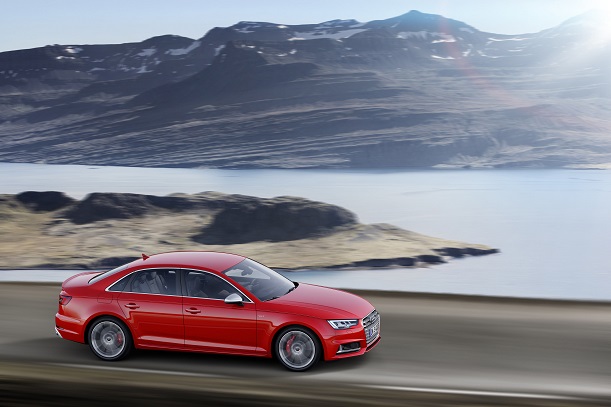The connected vehicle market will ultimately split in two, according to Vodafone, with the cars developing as a service platform on one hand, and the era of autonomous vehicles emerging on the other.
Speaking at Mobile Europe/European Communications’ IoT Conference 2016 in London last week, Phil Skipper, Head of Business Development for M2M at Vodafone, said the ecosystem around vehicles with embedded connectivity is growing at pace, while the market for autonomous vehicles is a slower-burn, which relies heavily on new technology infrastructure and regulation.
Skipper said: “We’re now seeing whole market in connected cars split into two areas. One is around these operated services, where we are sharing assets between multiple people in the ecosystem, which generates huge cost advantages because you’re sharing hardware and you’re also enabling the car to become a vehicle on which to base service.
“The second is where we move into automated driving, where the embedded car then becomes essential. That’s where a lot of focus is today, around [asking] ‘how do you make the autonomous car of the future by using the public networks you’re going to provide with 4G-plus and 5G?’.”
Vodafone, which purchased automotive company Cobra in 2014, is embedding SIMs in vehicles, including the Porsche Macan model, for a number of IoT applications. “Everything is provided by us – from the box that goes in at factory to the Apple Watch to unlock the car and heat seats, and so on,” said Skipper.
Skipper said embedded SIMs in cars mean customers can, apart from running infotainment systems, receive and share vehicle diagnostics and maintenance information, location information in case of theft, and also meter usage, petrol consumption, and insurance to enable shared vehicle ownership.
New security and insurance services, and even ownership models can be pegged to the data collected by embedded SIMs in vehicles, said Skipper.
He said: “The way we see it is that people love the car, and that love affair will continue. But it will be more about what it does, and rather less about what it is. And as people move away from vehicle ownership into buying vehicle and mobility as a service, that will become more prevalent.
“This attitudinal shift will drive some of the biggest opportunities in connected cars, linking services to the vehicle. Operators will certainly benefit around 4G and 5G, and 5G will move the operator much closer to centre of ecosystem around the car.”



